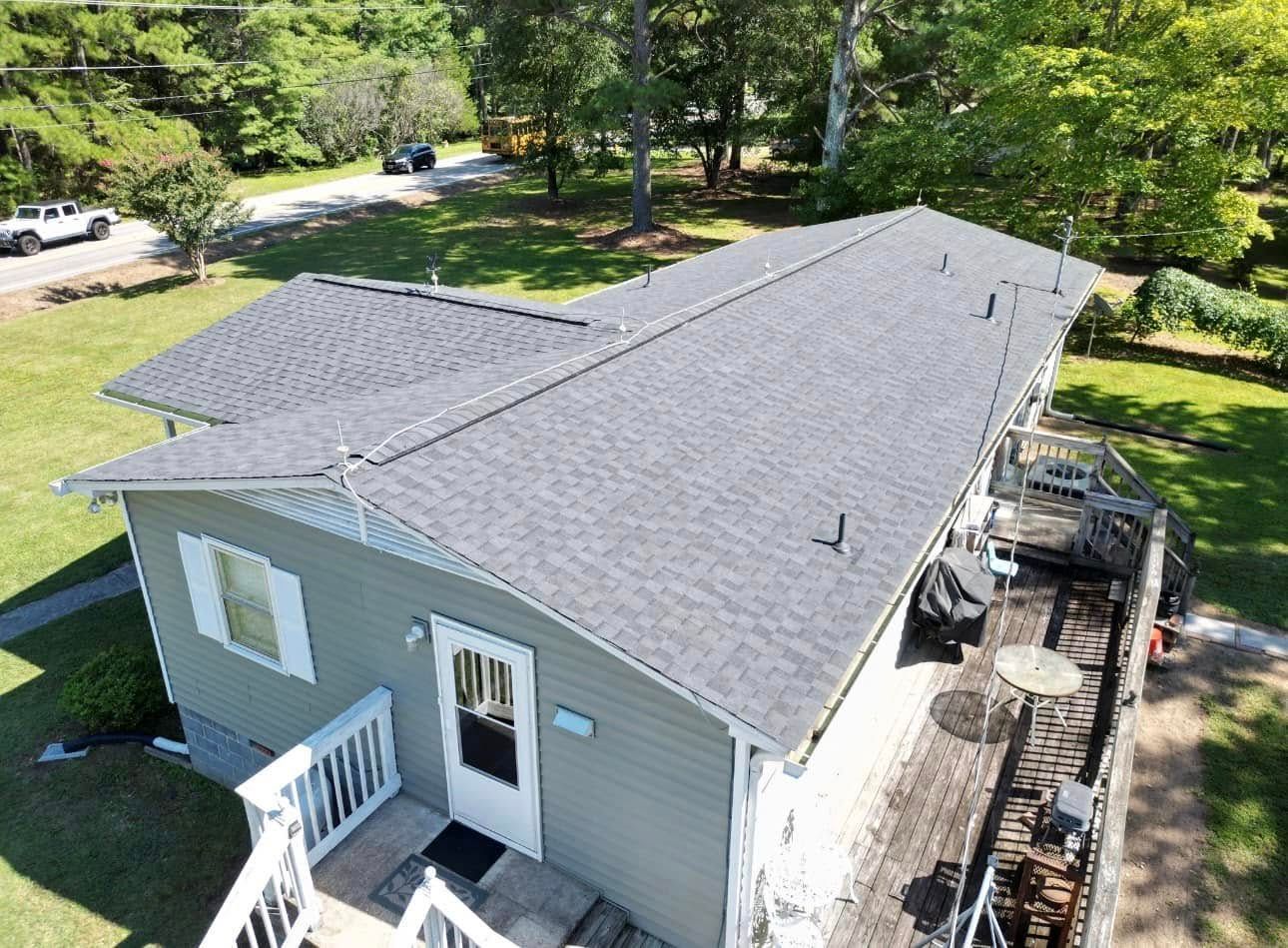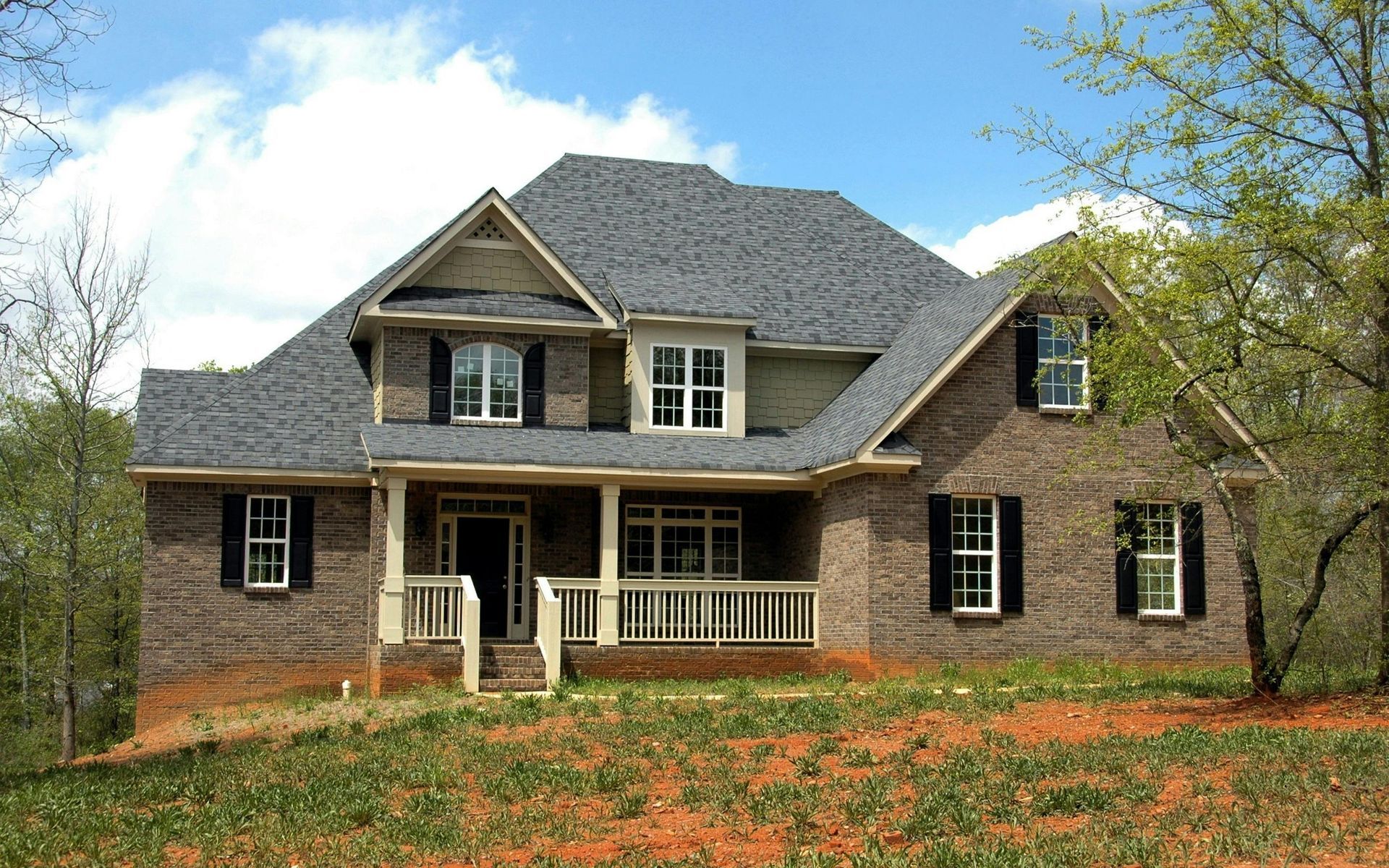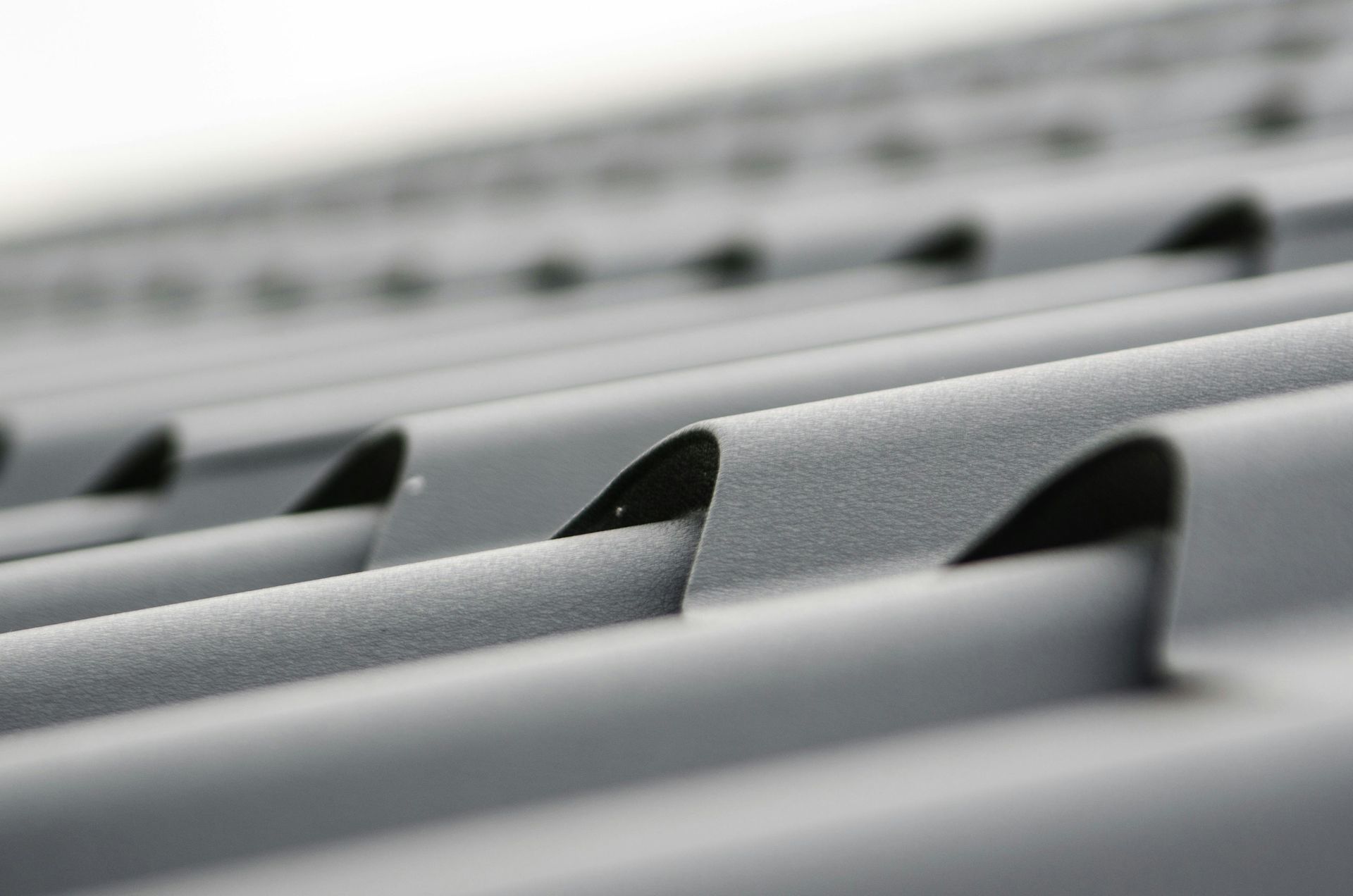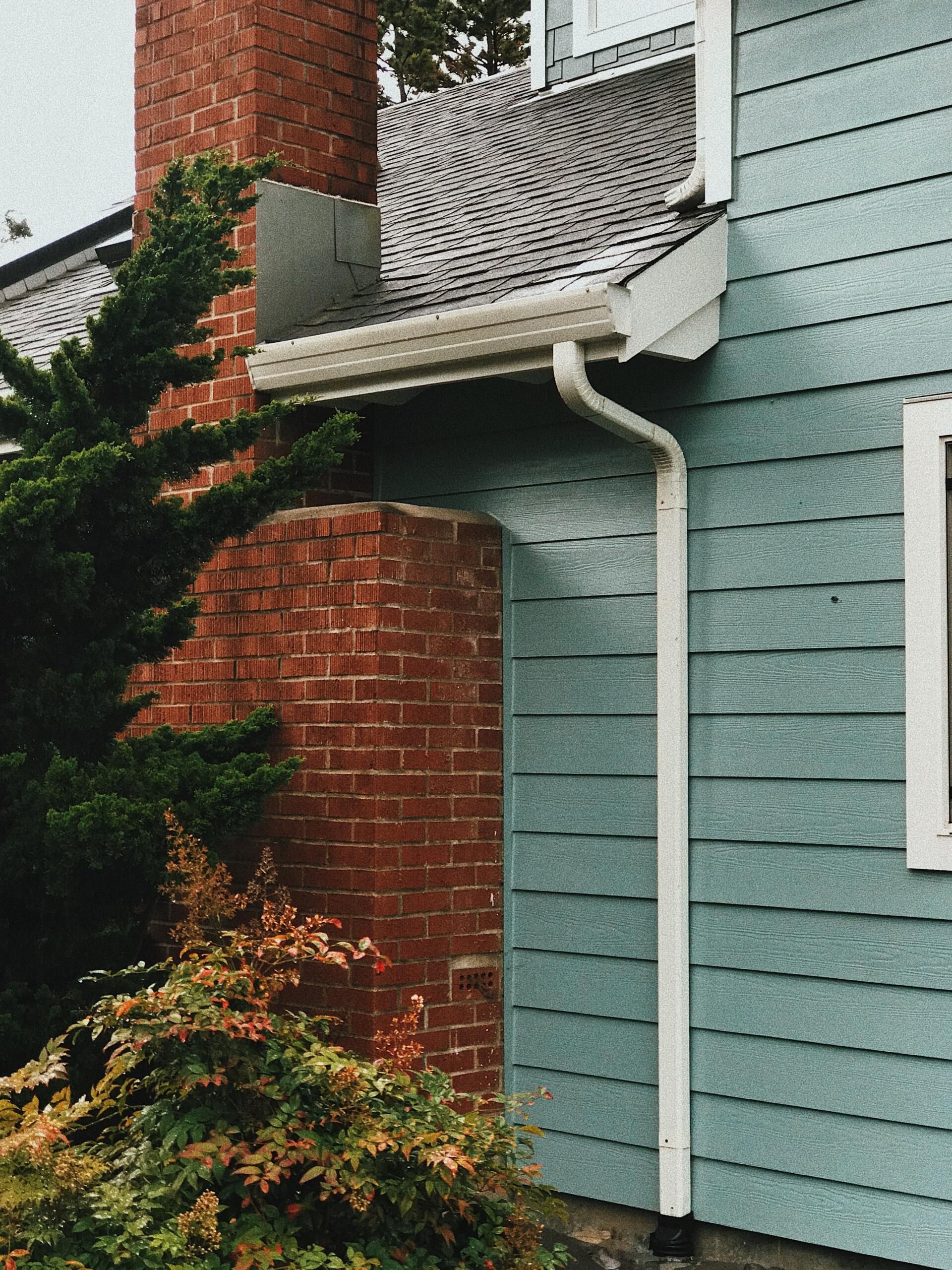The Best Roofing Materials for Storm-Prone Homes in North Carolina
The Best Roofing Materials for Storm-Prone Homes in North Carolina

If you own a home in North Carolina, especially in areas like Wake, Durham, and Franklin counties, your roof is constantly exposed to harsh weather. From high winds to hailstorms and heavy rain, homes in this region take a beating year-round. Choosing the right roofing material is not just about curb appeal — it is about resisting damage, protecting your investment, and reducing long-term insurance risks.
At United Contracting, we help homeowners make informed choices about roofing systems that stand up to North Carolina's unpredictable climate. Whether you are replacing a storm-damaged roof through insurance or planning a long-term upgrade, this guide will help you understand the best materials for storm-prone areas.
Why Roofing Material Matters in Storm Zones
Not all roofing materials are created equal when it comes to storm protection. Factors like wind resistance, impact rating, water absorption, and installation method all influence how well your roof performs during a severe weather event.
Roofs in North Carolina should be able to:
- Resist winds of 100 miles per hour or higher
- Shed rain quickly without pooling or leakage
- Withstand hail impact without cracking or denting
- Maintain structural integrity over time with minimal maintenance
The right material can extend your roof’s life by decades — and may even qualify you for insurance premium discounts depending on your provider.
Top Roofing Materials for Storm-Prone Homes in NC
1. Architectural Asphalt Shingles
Best for: Affordability, wind resistance, insurance compatibility
Architectural asphalt shingles are among the most popular roofing materials in North Carolina. They are thicker and more durable than traditional 3-tab shingles and often come with a wind resistance rating of up to 130 mph. Many are UL 2218 Class 4 impact-rated, making them a good choice for hail-prone regions.
Advantages:
- Cost-effective
- Easy to install and repair
- Available in a wide range of colors and styles
- Backed by long manufacturer warranties
Considerations:
- May not perform as well as metal in extreme conditions
- Lifespan averages 25 to 30 years
2. Metal Roofing
Best for: Long-term durability, fire resistance, severe weather
Standing seam and interlocking metal panels are growing in popularity across storm-prone areas. Metal roofs resist high winds, shed rain quickly, and hold up well against hail and falling debris. They are also fire-resistant, which adds another layer of protection during lightning storms or wildfires.
Advantages:
- Wind ratings over 140 mph
- 40 to 70 year lifespan
- Reflective surface reduces energy bills
- Recyclable and environmentally friendly
Considerations:
- Higher upfront cost
- May be louder during heavy rain or hail without proper insulation
3. Impact-Resistant Shingles (Class 4)
Best for: Insurance discounts, hail zones, homeowners with prior storm damage
Impact-resistant shingles are specifically engineered to withstand hail and debris. Most Class 4 shingles are rubberized or reinforced with polymer technology, giving them a cushion-like resistance to impact without cracking.
Advantages:
- Often qualify for reduced insurance premiums
- Mimic traditional architectural shingle look
- Enhanced wind and hail resistance
Considerations:
- Slightly more expensive than standard shingles
- Not all contractors are certified to install them properly
4. Synthetic Roofing (Polymer Composite Shakes or Slate)
Best for: Premium homes, aesthetics, historic properties in storm zones
Synthetic roofing materials made from engineered polymers offer the look of wood or slate without the vulnerabilities. These materials are extremely durable and lightweight, and many are Class 4 impact-rated and fire-resistant.
Advantages:
- Lightweight but highly durable
- High wind and impact ratings
- Long warranties (up to 50 years)
- Resistant to mold, moisture, and UV degradation
Considerations:
- Higher cost than traditional shingles
- Limited availability in some areas
Roofing Materials to Avoid in Storm-Prone Areas
- 3-tab shingles – Low wind resistance and shorter lifespan
- Cedar shakes – Prone to moisture, rot, and fire
- Clay or concrete tiles – Heavy, fragile, and not ideal for steep or aging roof structures
- Flat roofing – Unless properly sloped and sealed, flat roofs often struggle with pooling and water intrusion in heavy rain
Additional Features to Consider for Storm Protection
Regardless of your chosen roofing material, the following add-ons and upgrades can increase your home’s storm resilience:
- Synthetic underlayment instead of traditional felt for better water resistance
- Starter strip shingles to secure eaves and prevent wind uplift
- Drip edge flashing to redirect rainwater away from fascia and soffits
- Proper attic ventilation to reduce internal moisture and pressure buildup
- Hurricane clips or fasteners to anchor roofing systems more securely
Ask your roofing contractor about these additions when reviewing your replacement options.
How Roofing Materials Affect Insurance Coverage
Insurance companies evaluate your roofing material when determining premiums, deductibles, and claim payouts. Many offer discounts for Class 4 impact-resistant shingles or metal roofing due to the reduced risk of storm damage.
Choosing the right material can result in:
- Lower deductibles for wind and hail claims
- Higher likelihood of full coverage approval
- Greater long-term value through fewer claims and repairs
United Contracting works directly with your insurance carrier to ensure that roofing materials selected during a storm restoration meet your coverage guidelines and code requirements.
Frequently Asked Questions About Storm-Resistant Roofing in NC
What is the best roof type for hurricanes in North Carolina?
Metal roofing and architectural shingles with high wind resistance ratings are ideal for hurricane-prone areas. Metal roofs offer superior performance in high-wind environments and often exceed 140 mph ratings.
Will my insurance cover an upgrade to impact-resistant shingles?
Possibly. If your current shingles were damaged by a covered event, insurance will typically pay to replace them with a comparable product. You may pay the difference if you choose to upgrade, but long-term savings and durability may outweigh the cost.
How do I know if my current roof is storm-resistant?
Schedule a free roof inspection with United Contracting. We can assess your roof’s material, age, fastening system, and potential weaknesses — and recommend the best upgrade options.
Are synthetic roofing materials approved in North Carolina?
Yes. Many synthetic roofing products meet or exceed state building code requirements and offer excellent weather protection. We can help determine if your local municipality accepts a particular brand or product.
Schedule a Free Roofing Consultation in Wake County
If you are planning a roof replacement — whether due to age or insurance claim — choosing the right materials is one of the most important decisions you will make. United Contracting provides expert guidance, free inspections, and insurance support to homeowners across Wake, Durham, Franklin, and surrounding counties.
We will walk you through the pros and cons of each roofing option and help you select the one that offers the best protection for your home and budget.
Call: (984) 363-7670
Email: kyle.h@unitedcontracting.llc
Business Hours: Monday through Friday 9 AM – 6 PM, Saturday 10 AM – 6 PM



